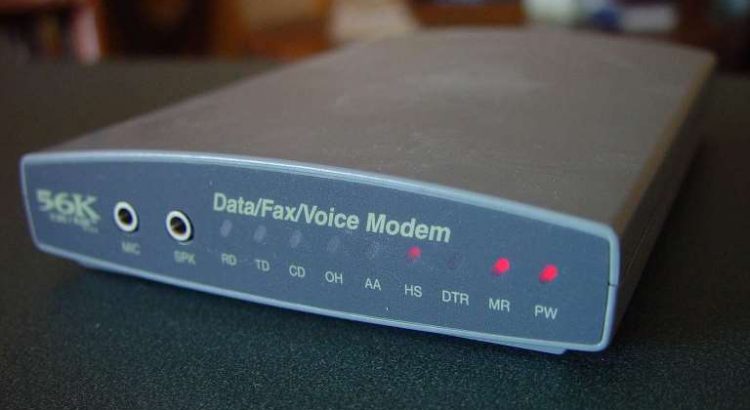In the tranquil expanses of rural America, the desire for rapid and reliable internet access, particularly for entertainment, is unmistakable. The longing to stream high-definition 4K movies, partake in online multiplayer gaming, and enjoy on-demand content from platforms like Netflix highlights the crucial need for seamless connectivity. Yet, the rural narrative often revolves around the challenges of limited access.
Mobile 4G Internet emerges as a promising solution for rural residents seeking high-speed connectivity to fulfill their entertainment cravings. Innovative rural internet service providers, exemplified by UbiFi, strategically harness the extensive network of cell towers scattered across the rural landscape. These towers act as conduits, transmitting internet signals even to the most remote households. Some providers offer unlimited 4G rural internet plans, freeing users from data constraints and ensuring an uninterrupted online experience. Additionally, for those desiring faster speeds and increased bandwidth, the option to upgrade data plans remains readily available if the increased prices fit within their budgets.
Another commendable alternative is fixed wireless internet, akin to a mobile data plan but tailored for home use. In this realm, mobile internet providers like UbiFi stand out as leading contenders for delivering optimal internet for rural gaming, effectively minimizing latency for gamers.
When choosing a rural internet service provider, it’s wise to align with reputable brands known for their expertise in offering both home and mobile internet services—where UbiFi excels. Renowned for their reliability, these providers offer a range of speeds to meet diverse needs. With coverage areas ensuring steadfast service, even in adverse weather conditions, they open the door to uninterrupted digital experiences in rural America.









